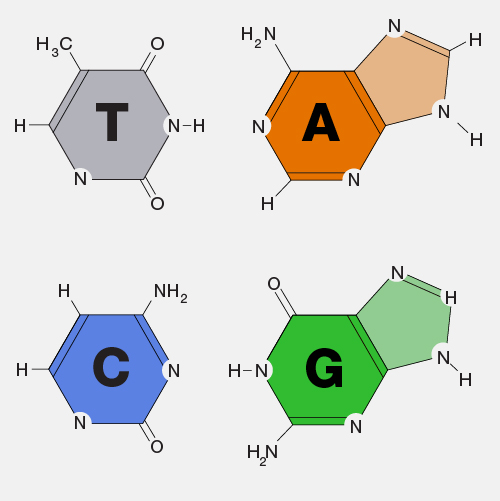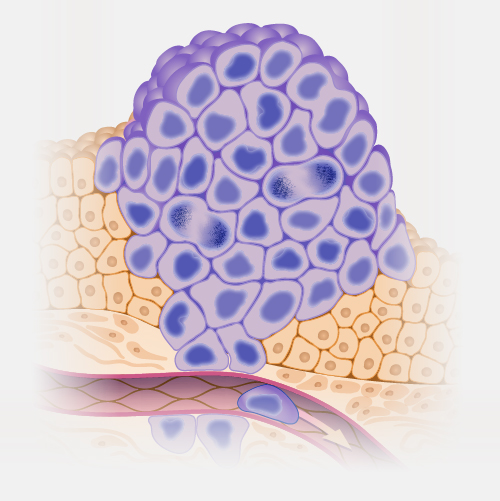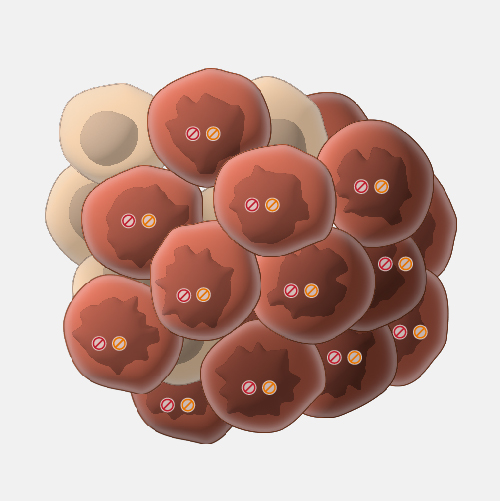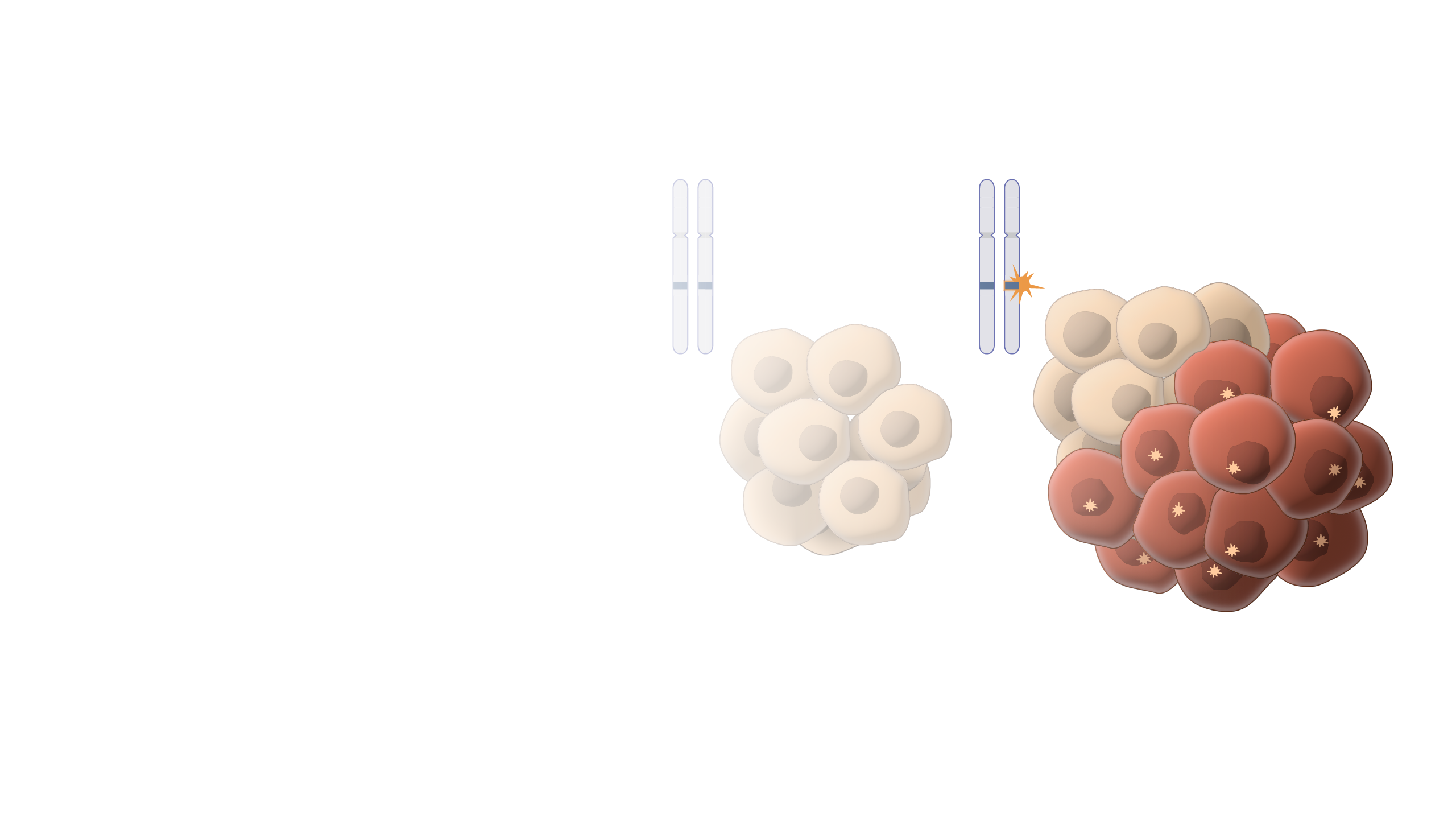
Oncogene
Definition
An oncogene is a mutated gene that has the potential to cause cancer. Before an oncogene becomes mutated, it is called a proto-oncogene, and it plays a role in regulating normal cell division. Cancer can arise when a proto-oncogene is mutated, changing it into an oncogene and causing the cell to divide and multiply uncontrollably. Some oncogenes work like an accelerator pedal in a car, pushing a cell to divide again and again. Others work like a faulty brake in a car parked on a hill, also causing the cell to divide unchecked.
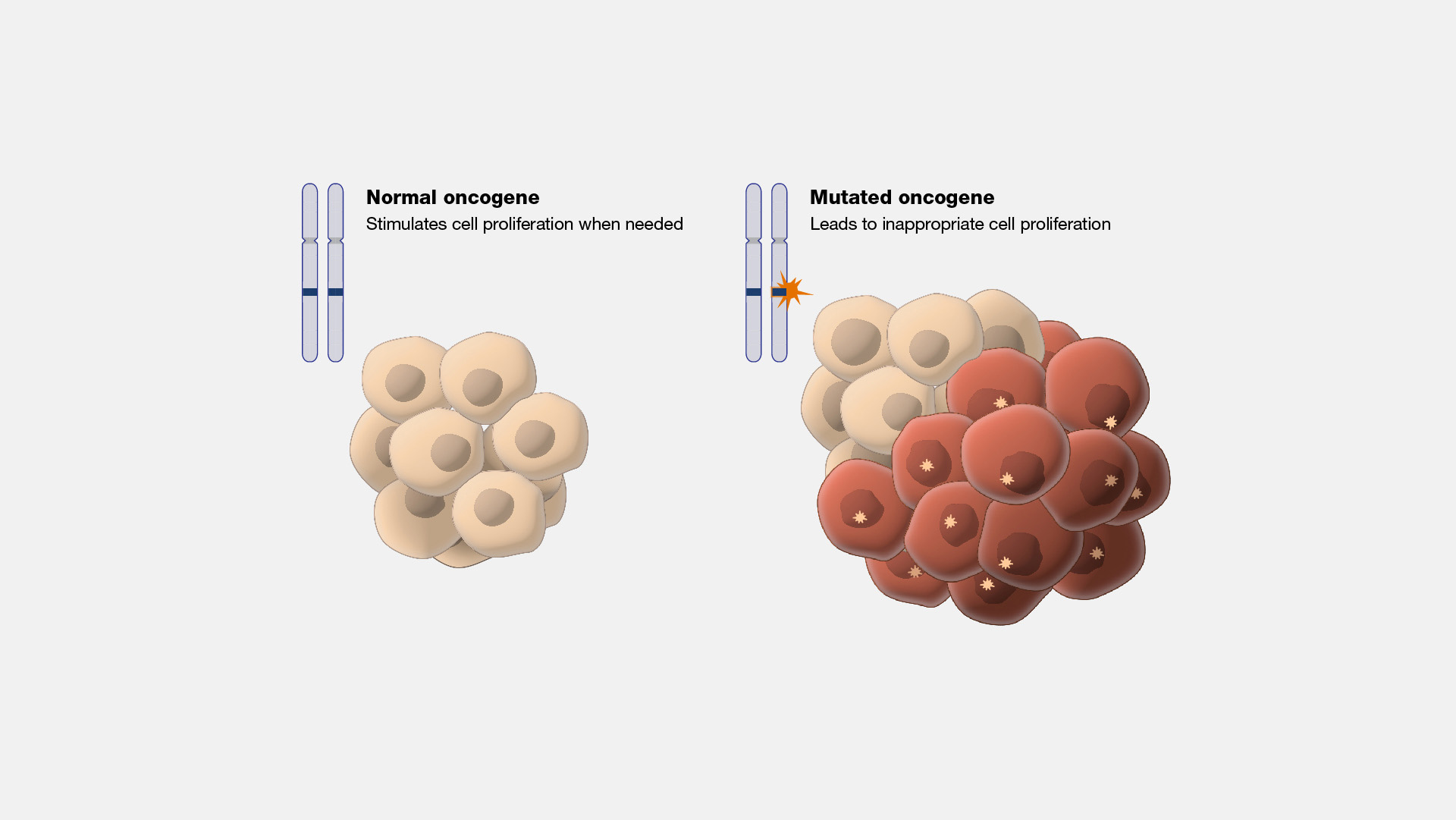
Narration
Oncogene. The name of oncogene suggests it is a gene that can cause cancer. Initially, oncogenes were identified in viruses, which could cause cancers in animals. Later, it was found that oncogenes can be mutated copies of certain normal cellular genes also called proto-oncogenes. Intact proto-oncogenes play important functions, regulating normal cellular growth, division, and apoptosis, which is the name for programmed or controlled cell death. Oncogenes or mutated copies of the proto-oncogenes may lead to uncontrolled cell growth and the escape from cell death, which may result in cancer development.


